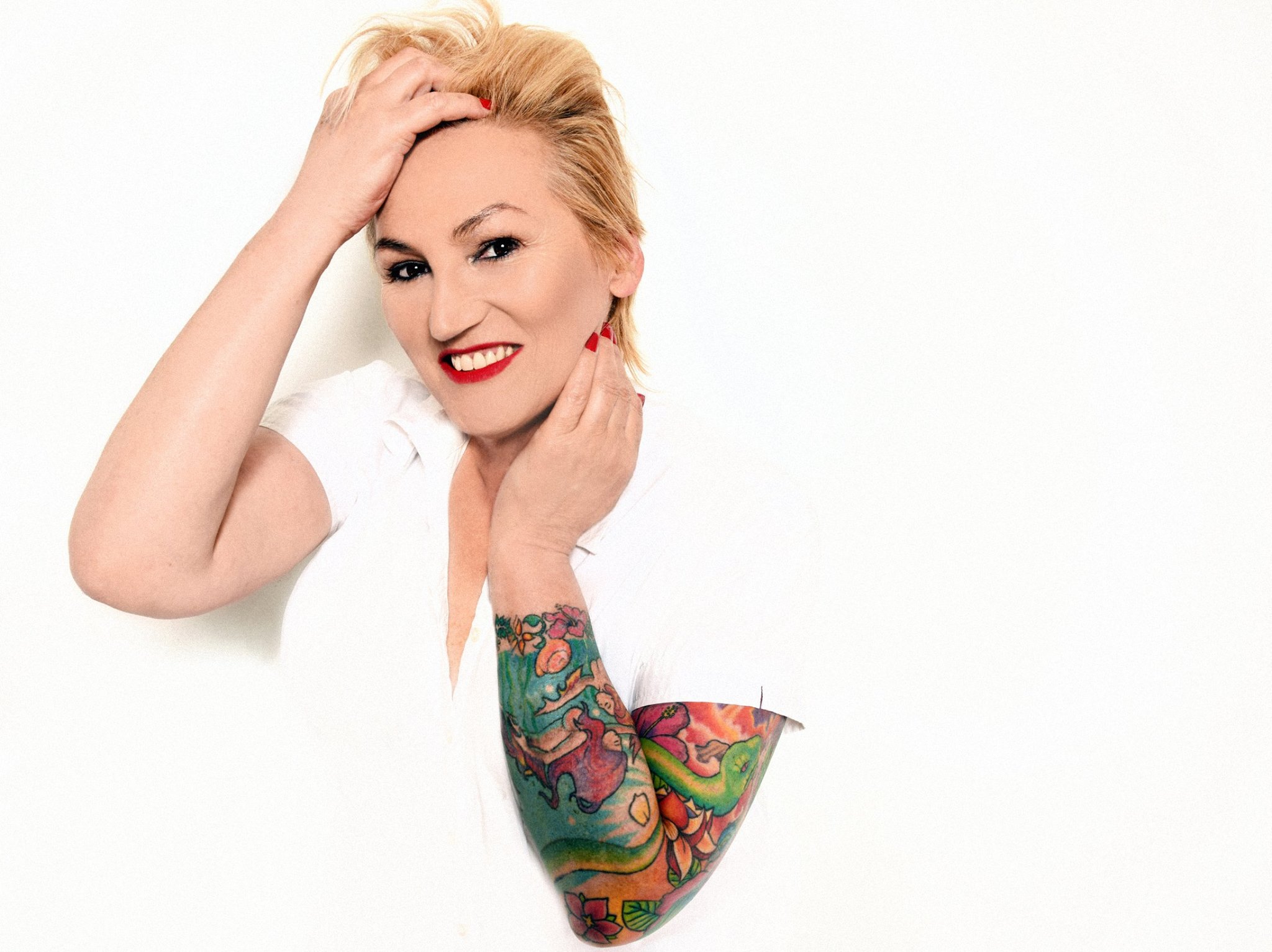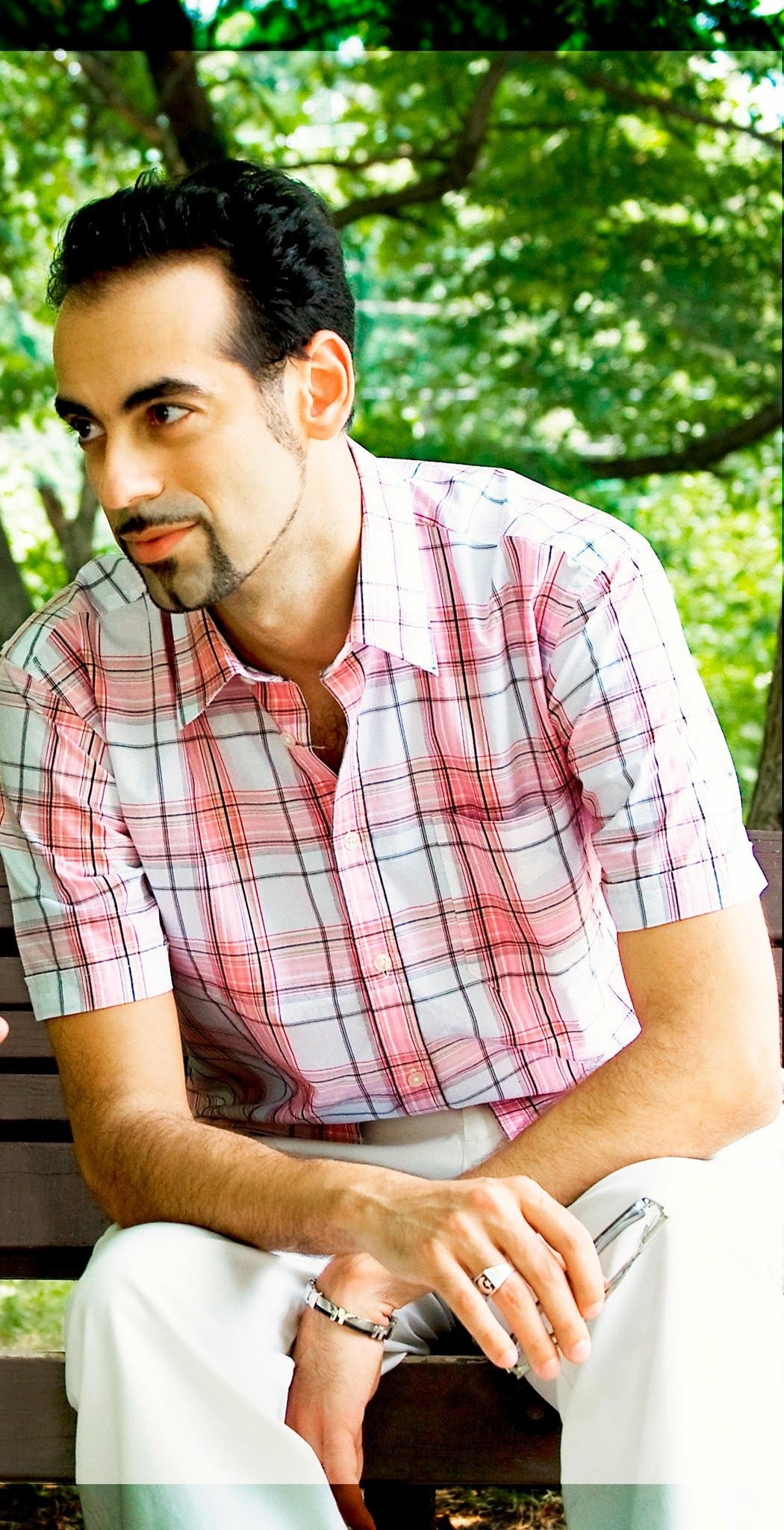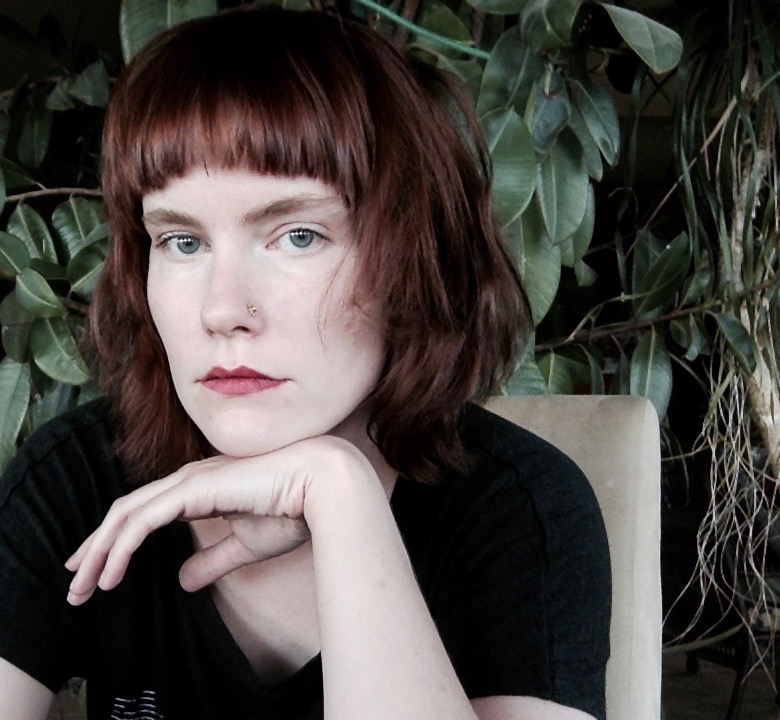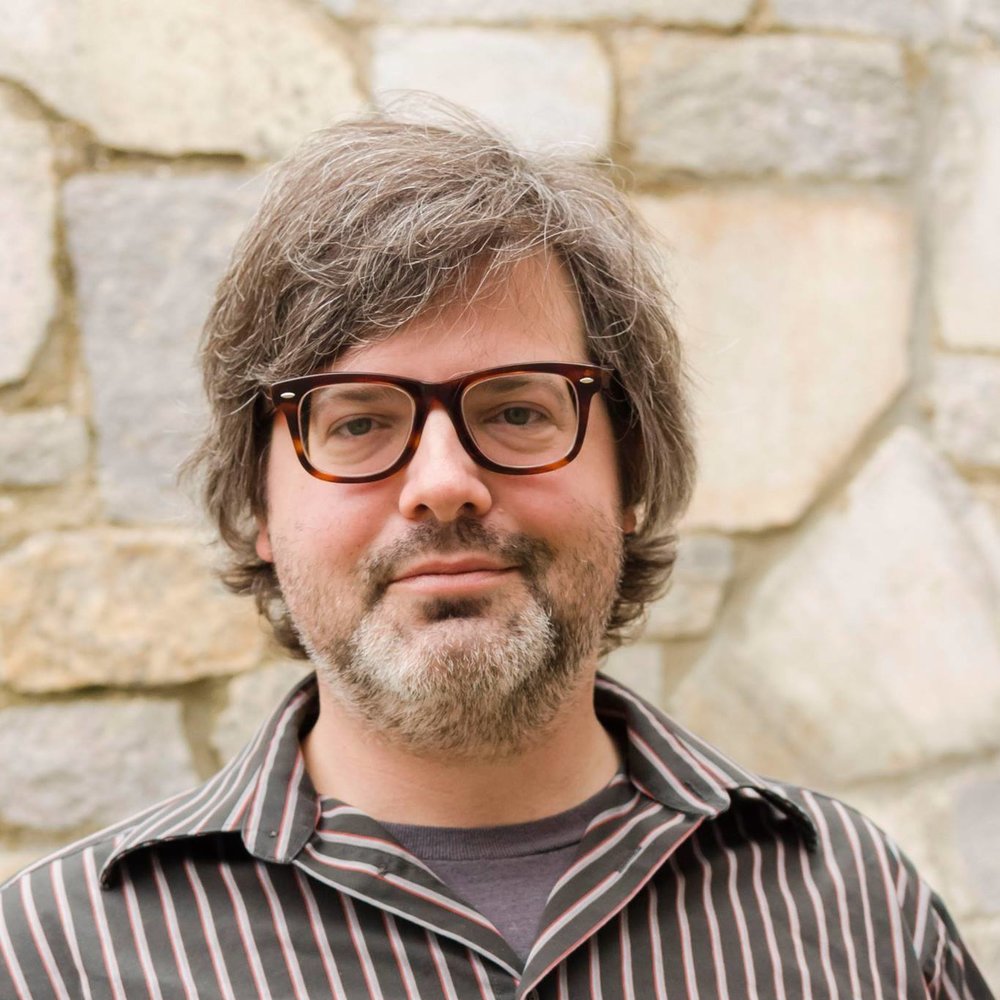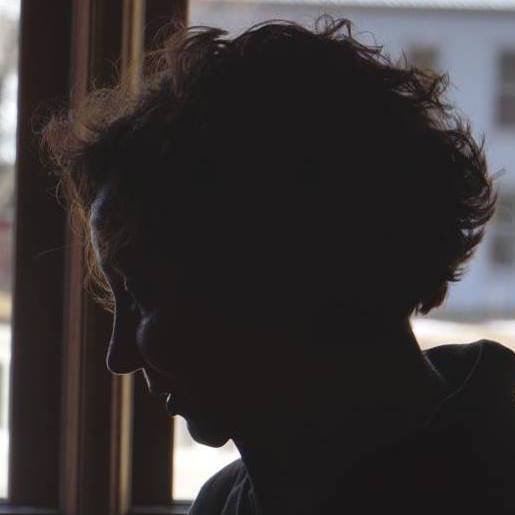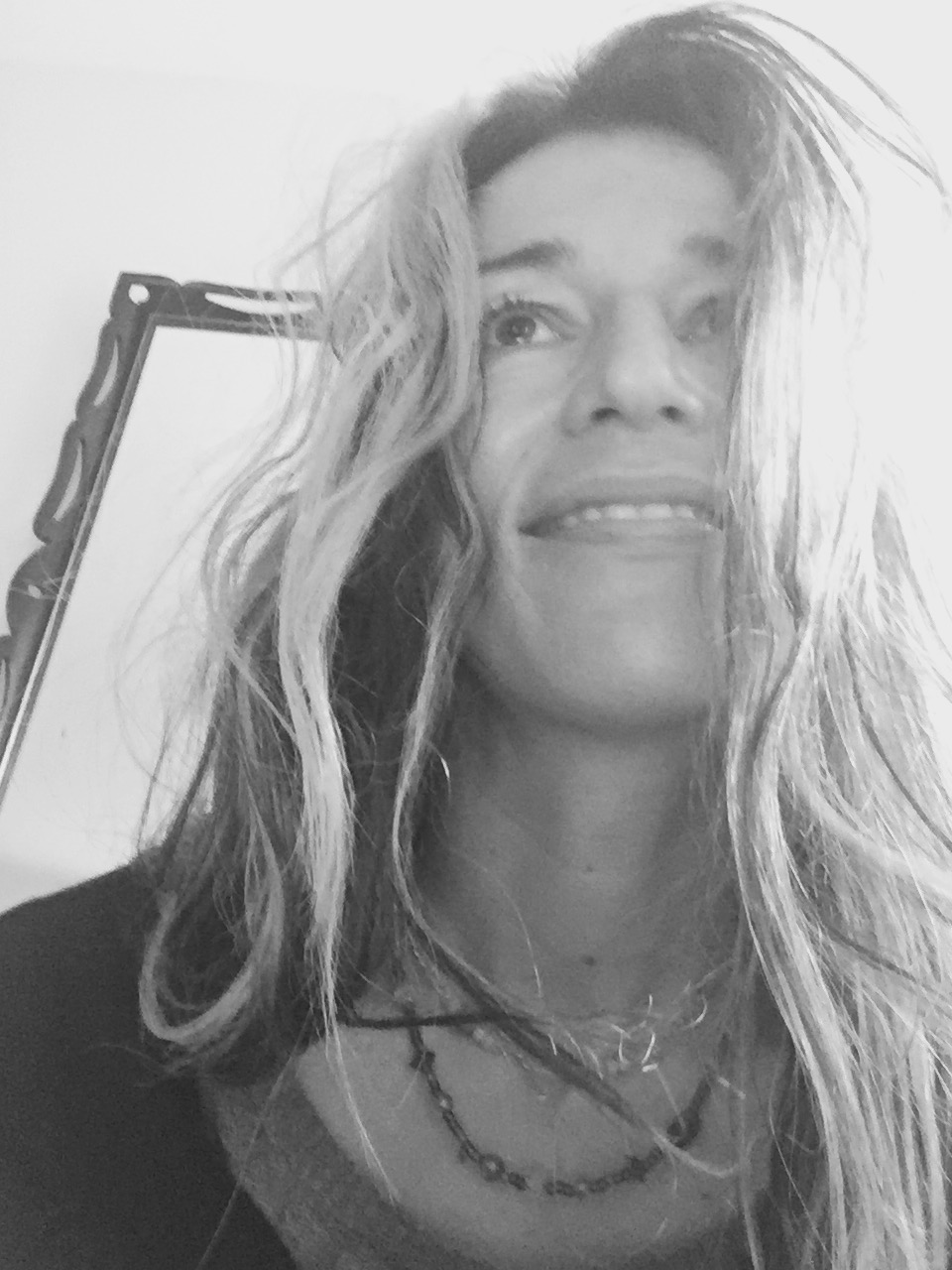Issue 4
On Resistance
Readers of Jam Tarts will recall that the last issue, Issue #3, was all about "Americana." It was an optimistic issue, published last summer, before the November 2016 elections.
Since then, America, along with a number of other democratic countries around the world, have been slipping (further) into authoritarianism, which has also given rise to many forms of resistance. By authoritarianism, I mean, in part, what Oscar Wilde famously called the “art of lying,” which had been intended only for literature, but is now practiced religiously in mainstream politics. By resistance, I mean the upswell of support for individual rights, democratic institutions, and scientific communities, with various demonstrations both in the streets and on the page.
And so, readers will note that the tenor of this issue is darker than previous. But who better to ask about resistance than writers? Who better to subvert nationalistic authority than individual authors? In many ways, writers were born to resist; they write from the inside out, with an outsider's perspective; and, in large and small ways, they work to demonstrate their subversive, literary strength: resisting cliche with novelty, dogma with dialogue, sentences with line-breaks, decay with translation, history with narrative, etc.
In ABC of Reading, Ezra Pound famously wrote, "Literature is news that stays news." As writers, what are we to do with this modern formulation now that our contemporary world is flooded with “fake news”? Placed into dangerous hands, confusion and caprice, those postmodern gems that once captivated some in literary spheres, are now binding us all in our everyday lives; as some would argue, we have lost our collective minds in this post-truth world. Meanwhile, conservatives have, to use their word, "weaponized" vagueness and doubt; they would squirrel away the truth so that only the rich and powerful can access it (oh, how they'd make the Sophists proud).
Welcome to Issue #4
Our American arts and letters no longer have the luxury of pure entertainment and leisure, if indeed they ever did. Those who practice within imaginative spaces must create from the materials found from our time, and respond to the urgent matters all around us.
What if writers and artists were to resist mere enchantment and fantasy, while insisting on a fresh understanding of our shared reality? What if we turned away from art that merely delights and distracts, and instead work actively to dispel illusions, and lift the veil for others to see our world more clearly? This is, after all, the true power of our human imagination: to apprehend the real.
For, if a poem or story doesn’t shock and awaken us; if a poem or story doesn't break the deadly spells of our time, which perpetuate inequality, violence against each other, and destruction of the earth; if a poem or story doesn't disrupt our days and make us change our lives (see Rilke), then we might as well be weaving ourselves a fine shroud.
And so in this issue, I'm proud to present artists who are doing good work, creating art that resists easy interpretation, while at the same time reorienting us toward truth. (Note: If you find yourself disturbed by what you read and see in this issue, that's a good thing. Trust that feeling, and follow it through, to discover new ways of seeing the world for what it really is.)
“To see is to forget the name of the thing one sees.”
You might start your way through this issue by exploring the fine art of Mary T. Wright; her paintings, you'll find, speak for themselves; they are as eloquent as they are soft spoken; I've also written a few notes of praise about this particular series, a short essay that attempts to shed light on why I was drawn to these paintings for this particular moment, and why I've chosen to share them here, as the central, animating mood of Issue #4.
Then, after viewing Mary's art, I'd highly recommend reading Tongo Esien-Martin. When I first heard Tongo read some of his poems by heart, at a Nomadic Press event in Oakland, California, I was shocked into a marvelous reality of new understanding. Like Mary's art, Tongo's poems "defamiliarize" you to the world. His work reminds me of the best poems of John Ashbery and Sterling Brown, full of musical, narrative leaps and lyrical ramblings about everyday (yet often hidden) experiences; but Tongo’s poems also contain an acute sense of social responsibility, and they judiciously apply emotional pressure: “Not even ten years old / And most of you are on my shoulders”. Without preaching, his poems conjure a compelling, albeit non-linear, argument through art; his work, which dances on the fine line between adversity and verse, is as raw as it is reflective: “A white child can / Send any number / To hell // … // So get as close / To whiteness / As possible / Where it’s safe / And there’s honey ….” This is not so much a call-to-action as it is a wake-up-call; and it’s also some of the most beautiful, authentic, alarming poetry I’ve ever read. As with Whitman, my blood runs cold when I read Tongo’s poetry.
Another force-of-nature who lives in Oakland is Natasha Dennerstein. And I’m honored to include two of her terrific poems in this issue, “Miss Wrongbody” and “Give It Away”, both of which explore issues of the body—the body given to us, the body we (re)make, and the body left behind. Deeper still, her poems explore matters of the self: what if the very thing we’re resisting is some hidden truth, buried by social norms? What does it mean, then, to discover, to embrace—or to push away—some part of who we are? When is a body “wrong,” and what, in this life, can make it “right”? And then, if it is made right, what happens next? As Natasha says, “I'll be stripped down to nothing / and I'll be leaving only footprints / and you can have those, too.”
Other poems about individual difference and collective resistance come from Avra Ellliott, “Freckled Mariposa”, and Lisa DeSiro, “Six Among Thousands”. As we read Elliott’s poem, we’re reminded that from a young age, we often experience difference as deficiency, and although we may “regret falling silent / the sting won’t fade”. So, what difference can our differences make? And what happens when those differences come together? DeSiro’s poem doesn’t just hint at that possibility: It’s a list of real-world experiences transformed through carefully edited repetition. Indeed, resistance of any kind isn’t a one-time thing. It requires all of who we are, all the time—as artists and activists.
There can be no rest from resistance, because the stakes are too high. All oppression is related, as Isobel O’Hare reminds us, in the opening lines of her beautiful poem “Branwen”: “His hand around your neck, mother of starlings / won’t be the last time he mutes a starling.” The impending death we’re fighting against isn’t merely our own. And our fight isn’t ever easy. Oppression—whether it comes from within or from outside—is a difficult cycle to break, as Yahia Lababidi suggests in his poem “The Opposite of Virtue”: “One might say, a vice is a vise / never mind if metal or moral, / it’s basically the same device”. Resistance, if it’s to have any hope of working, takes all that we have.
“Where there is power, there is resistance.”
Moreover, the bonds we make and the promises that we make to each other require continual attention, otherwise they risk being overcome by other forces in the world, like the forces of industry that have developed in the “forked / tongue of the hills, death / unmetaphorical and grieved ….” These stunning lines come from Jacob Strautmann’s poem in this issue, “Fork Ridge Right-of-Way”. What gives us the right to speak, in any moment, is having a personal stake in the social sphere we’re trying to influence. In the poem, the mother asks the poet why he doesn’t “move back” to his home state of West Virginia. Can we have it both ways: Live where we can thrive, while also helping those left behind?
To lift each other up, to undo injustice, to dispel the narratives of narrow-minded bullies who pose as leaders. How can we achieve any of this, except by showing up wherever we’re needed—and through continual action? And how can our actions be renewed except through our everyday belief in each other’s betterment, in love itself? Enter Athena Kildegaard’s poem, “Act”, which, through its mesmerizing, elliptical turns of phrase, “as if love, as if love, as if love”, the poet recalls what can, perhaps, save us.
“After all, if you do not resist the apparently inevitable, you will never know how inevitable the inevitable was.”
At the same time, the first sentence in Meg Pokrass' flash fiction "Fickle Sun" reminds us that love may not be enough: "Last night, he told me he still likes her very much. 'It's not always love, just sometimes, it's mostly the liking part,' he says." What we like, and don't like, is the central question in Jam Tarts. Absolutes such as "love" and "hate" can be quickly recognized and categorized; but "like"? It's of vital importance, too, because we can love those who hurt us, and countries that discard us; and, of course, we can hate things that are good for us. And, to make things even more complicated, personal tastes do change over time, as Pokrass reminds us: "'But this is only how you feel this week,' I wanted to say."
And then there are those personal tastes that are more like principles, which we don't want to change, no matter where we live or who we become down the road. And so there is "Andreea's Road Trip", a short story by Alina Stefanescu. It's a terrific narrative that involves a seemingly minor incident that is full of life's complications. In it, we see again how politics, culture, language, identity, and history are complex functions, dynamics to draw strength from—and at the same time resist: "Driving to Ohio with her baby and Romanian nanny in the backseat, sunlight shimmering across the highway’s blacktop, Andreea considered her single bumper sticker, the pink vinyl with bold black lettering: 'Warning: Feminist At the Wheel.'"
Also in this issue on resistance, I'm proud to publish a brilliant, reflective essay by Gayle Brandeis, which explores what it means to be multiple: "The woman at the registration booth hands me a lanyard with two badges—a large plastic one that says MEDIA, a smaller yellow paper one that says White House Press Pool." In "press pool", Brandeis explores the variables of identity as they've played out in our political world over the past year, identities rooted both in people's understanding of themselves and in their understanding of words themselves, seemingly simple words such as "press" and "pool" (since, for those paying attention, nothing is ever as complicated as a small word).
“To discourage any one particular voice from speaking is to discourage the presence of life. We know life is painful, but we’ll get through it as long as everyone is given access to expression.”
Finally, in this issue, you'll find my interview with Ruben Quesada, where we explore boundaries of resistance across different spheres of a single life, such as being both a writer and an activist: "It’s tough for me to say what is personal; we’ve come a long way from the decorum of Ann Landers or Miss Manners. The personal is not always political. I believe what is right is political." In a short space, Quesada covers range of topics, from political sensibilities to love poetry to academic life, which you'll not want to miss.
So, whatever your politics or passions, I hope you'll read, enjoy, and grow from reading Issue #4, "On Resistance." And remember: if you like something here, please share widely— with your family, friends, and classmates. Because, as with the future of our country, the future of our literature and art, like it or not, is up to us. All of it. It all depends on each of us turning to one another, as often as we can, to say, "No. This is good. And worth fighting for. And here's why."

